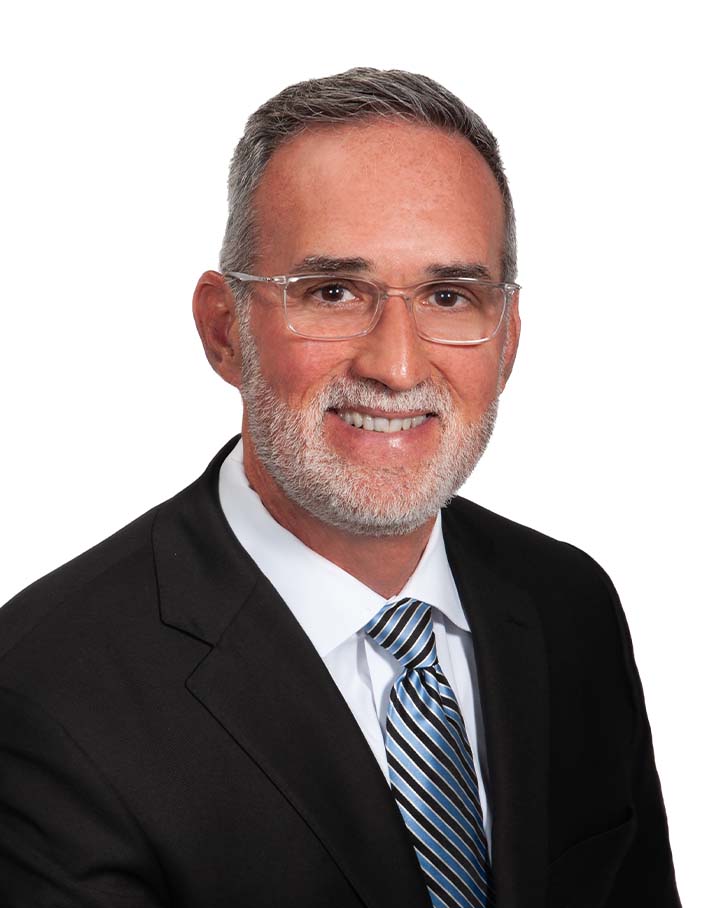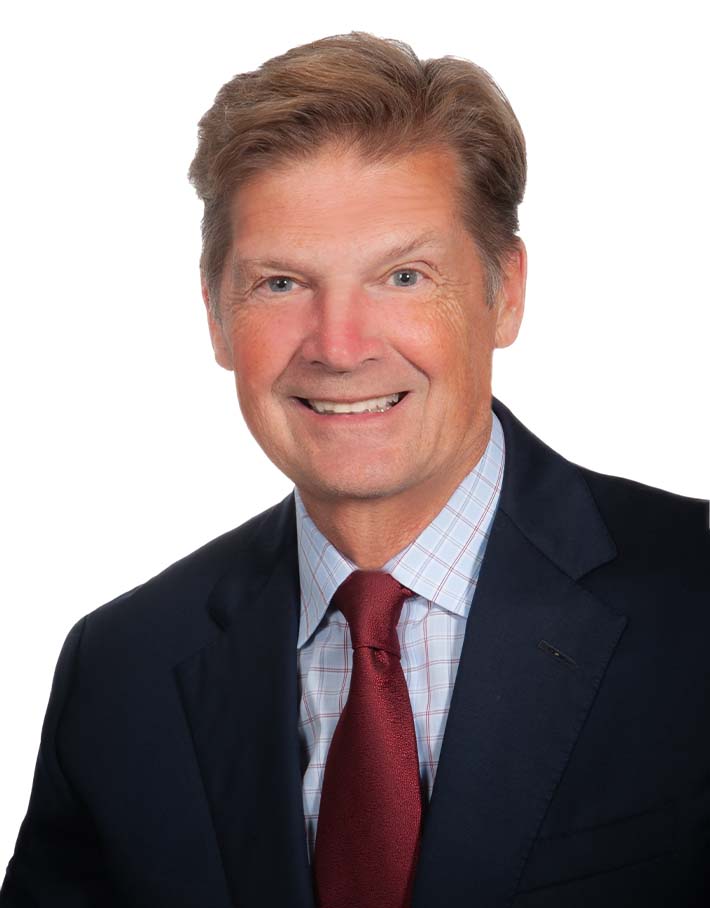Broker-Dealer Growth – Is Affiliation the Right Option?
By Pete Bowman and David Williams
Subscribe to our original industry insights
Many introducing broker-dealers are moving to affiliate with another broker-dealer. Join Oyster Managing Directors Pete Bowman and Dave Williams as they discuss what affiliation means for broker-dealers and what advantages this strategy can bring. Learn what is driving firms to the strategy, and what part the advisory side of the business plays when firms consider affiliation.
You don’t have to go it alone, and you don’t have to draw resources away from other projects. When you are looking at new strategic ways to grow your firm, having an independent third party assess your firm is the first step. That partner should have the industry knowledge and resources to provide insights into the marketplace and do the legwork.
Oyster Consulting’s team of experienced experts can hold up that objective mirror and help you create a roadmap for the future. They have the resources available to help you through the decision process, present your options and take into account the intangibles like firm culture, values and capabilities. Oyster can also provide the integration analysis you need to know before going forward.
Transcript
Transcript provided by TEMI
Bob Mooney: Welcome to the Oyster Stew Podcast. I’m Bob Mooney, General Counsel for Oyster Consulting. Recently, we’ve seen a lot of introducing broker dealers starting to move to affiliate with another broker dealer. Join Oyster’s Managing Directors, Pete Bowman and Dave Williams, as they discuss what affiliation means, what is driving firms to the strategy, and what part the advisory side of the business plays when firms consider affiliation.
Pete Bowman: Recently, we’ve seen a lot of movement in the industry when it comes to the introducing side of our industry, the introducing BDs, larger sized introducing firms, starting to move to the concept we call affiliation. And that is where they’re giving up their broker dealer and affiliating with someone such as LPL, or a Cetera, or an Ameriprise. And we’ve been involved in a couple of those decisions, and I found it interesting this movement is happening, especially when we have new clearing firms being created. We have our clearing partners out there that are upping the game on their platforms. We have service bureaus for the self-clearing. They’re upping their game, but we’re seeing this affiliation thing come around. And I’m curious, what’s your thoughts on what’s behind the scenes driving this, Dave?
Dave Williams: Yeah, I think that’s absolutely correct, and I think it’s going to be a trend that’s going to continue. So, Pete, you and I have been in this business for many decades. When somebody wanted to make a change, 10, 20, or even 30 years ago, it was generally going from one clearing firm to another. That is, if you’re a broker dealer, that’s really the only option you were considering back then. I’ll go from a clearing firm A, to clearing firm B, because maybe they’ll help me grow better, or clearing firm B to clearing firm C because maybe the technology is better at clearing firm C. I think broker dealers are looking at their businesses very differently today. I think number one, it’s expensive to be a broker dealer, probably if you have $50 million in revenue and below, it’s just expensive. Regulations change all the time.
Complying with those regulations are very, very expensive. So if you think about technology, keeping up with technology is very expensive. You rely to a certain extent on your clearing firm. And that’s only going to take you so far. And most clearing firms can connect you with whatever vendor that you want out there, but that’s expensive, not only to buy it, but to maintain it. And then kind of the last item out there is around growing, which is probably the most important. So you think why do you have your own firm broker dealer or otherwise? It’s to grow it and make it more valuable. And have you been able to do that? Probably. You found it to be very challenging to do that because you’re competing against firms with very deep pockets, lots of capital, lots of money to throw around to recruit.
So if you do a little bit of introspection, have you been able to grow your firm over the last, let’s just say five to 10 years? If the answer is no to that and regulations are expensive, and keeping up with technology is very challenging, then going from one clearing firm to another probably is not the answer for you. And probably the answer is what you brought up, Pete, which is affiliating with somebody larger. You named three of the biggest players in that business. There’s lots of others out there, large, medium, and small that you can affiliate with. And you’ve got to think about the reasons that you’re going to do that. One of the reasons is there is a monetization event that is associated with that. That should not be your biggest driver, because you’re not selling your firm when you affiliate and that’s an important distinction. A lot of people think that the LPLs of the world are buying everybody. They’re not buying everybody. They’re allowing affiliation. So let’s talk about those affiliations a little bit. You’ve run projects around some very large banks that have made decisions not to be in the wealth management business directly anymore. Let me outsource it to somebody else. Tell me what you kind of saw in some of those projects.
Pete Bowman: Dave, it’s the headwinds, and I think you named them already. I think when you start talking about technologies, the technologies changed consistently. And even though the large clearing firms are doing just an unbelievable job at keeping up with the technologies and taking what was one sort of an off core of their product technology, and they actually integrate that piece of technology, but it keeps changing so much, right? So the one of those headwinds that when you’re running these platforms, is even though you may say, my books and records clearing settlement, a lot of my process is done by my clearing firm. Now all of a sudden you still are taking on your CRMs and things of that nature because you really want a uniqueness. You really want to create something that’s special to your culture and to the way you want to run your business.
So that headwind of technology, whether you are a self-clearing firm or a fully disclosed introducing firm, it’s always there. And no matter how well your service provider does or clearing firm does, you still have it. So to your point, when you have these large institutions that have a wealth management arm, they’re competing internally inside these larger institutions for the spend, if you will. And as you know, Dave, it’s very hard if you’re an introducing firm owned by a bank or an insurance company, how did you become relevant to take a piece of that pie from a technology perspective? So, you always are battling against that. I think the other thing is, and you bring it up through regulatory, is de-risking. You’re constantly trying to de-risk your platform. You end up with these regulatory changes, it just seems like over and over again, you can read in the newspaper.
And I think some of the larger banks, larger insurance companies, don’t want to be in a business where they’re having to manage that risk constantly on a channel that is not the large revenue in their organization. So again, you’re battling that. But, when you talked about the conversion between one clearing firm to another clearing firm, it starts to become very hard from a platform perspective to justify why would I make a change from one clearing firm to other. Yes, there are definitely reasons, and we find them all the time with our clients, but to make yourself go through a books and records conversion, which is, no matter how large you are or small you are when you’re an introducing firm, moving from one clearing firm to another, it’s an event, and it takes time, it takes energy.
And that in itself is a lot of headwinds. So when you start looking at, can I de-risk myself by giving up the BD, can I ride someone else’s technology budget even more than when I’m with a clearing firm, because I’m basically adopting a strategy that’s been successful by some of these BDs that are enabling you to affiliate. I think these are really large points, Dave, but I have another question. It’s sort of a theory, and the theory is we’ve seen this huge movement with the RIA, right? So the RIA in itself, inside of these organizations where now over 80% of your business is managed money. Is that also driving some of this where the BD is just simply not as important to some of these firms from the way they do business? Or, I would even go so far as to say the rise of the independent BDS and, do those two movements also weigh into this? So we talked about de-risking, we talked about technology, we talked about expense, but is there a change on the end with, as far as the advisor, is that kind of spurring some of this on? What do you think?
Dave Williams: Yeah, let’s talk about the advisory end of the business. And as we all know, that’s where the puck has been going for multiple decades, is the most valuable revenue source you can have. Whether you’re an advisor, whether you’re a firm, it doesn’t really matter because that’s reoccurring revenue. So we’ve seen lots of breakaway teams, go to either a direct RIA or some kind of affiliation. So it really all depends on what you’re ready for as you think about, what’s the best choice for me, as an advisor team out there. And in some cases, you’re well prepared to go out on your own and do everything yourself and set up an LLC or an S-Corp or whatever your best choice is there and completely operate a business yourself.
In a lot of cases, that’s a big step. And you have to think about who can help me along the way. And there’s a couple choices for that. There’s firms out there that are aggregators of RIAs, whether you’re breaking away from a large wire house firm or a regional firm, or you’re simply looking to get some help with regulatory types of things, the things that we just mentioned, technology or growing your firm. So when we stay on the subject, Pete, of affiliation, usually you’ve got to take a look at yourself and make a decision as to what is the best affiliation for me? Is it directly with one of the big RIA custodians like a Schwab, Fidelity, or Pershing advisor, or should I piggyback onto the resources and infrastructure firm that’s already doing it out there? And there’s lots of firms that are doing that out there. And sometimes the best choice is to take those baby steps first, understand what’s entailed in running your own business, what’s entailed in the compliance around your own business, and then years down the line, if you’re ready to make that next move, you can make that next move. But a lot of firms are making that affiliation choice first.
Pete Bowman: Yeah, I think you’re spot on. And that was kind of my theory is the fact, some of these firms are seeing where the market’s going based on their advisors that they have capped up today. However, who are they competing with? They may be competing with an LPL or one of the like firms. So how do they take a step if you will? And I think you said it very well, and I think that’s where this affiliation is coming out. I think the one thing that I would like to point out now that we’re getting to the end of this, but how do you feel the interest rates are now? Because certain individuals made some decisions and we know that they, from a self-clearing perspective or a fully disclosed perspective, introducing perspective, usually it’s a little bit more lucrative on that interest rate revenue, right? So I’m curious, what’s your thoughts?
Dave Williams: Yeah, I would say you’re absolutely right. So the interest rates have changed the way I think lots of owners are looking at their business now. They’ve got a revenue stream that is probably most of their profitability coming in every single month. Whereas two years ago that revenue stream didn’t exist anymore. So the value of your firm is a lot more today, it’s probably the most valuable that it’s ever been. So you’ve got to think about what are my choices? Do I stay the course? Do I think interest rates are going to remain for a while where I can continue the same profit stream that I’m running today? Or do I look at it from a marketplace standpoint? If I was going to sell my firm, is now the best time to really explore that option?
And I would say the same is true, Pete, for the affiliation option. If you’re a broker dealer and you do $50 million in revenue or less, (I’m just picking out a round number, it could be more than that) I would be looking at all of my different options out there today. Could it be an affiliation model? Because as I said, there is a monetization event when you affiliate. Should I be selling? That’s a full monetization event or something else out there. And there’s a lot of in between those two broad options that are out there today. So I would, if I’m up and when you think about the number of broker dealers there are out there today, Pete, the vast majority, I would go as far and just say 80 to 90% of them fall into that category of $50 million in revenue or less. If you’re one of those you should be thinking about what’s the best way to realize the value of my firm affiliation, selling, or something in between.
Pete Bowman: Yeah, I think you’re spot on, Dave. And, as you said, which we sometimes don’t like to admit, you and I have been around close to 40 years in the industry, both separately.
Dave Williams: That’s, that’s each Pete, that’s each,
Pete Bowman: That’s each, that’s correct, Dave. So I was trying to make it a little bit better and not admit that, but we’ve always seen the industry sees these bits of disruption. But the industry always comes back with some sort of a counter. And I think that we are in the middle of that. I think that all the different players that we’ve spoken about whether it’s affiliating, introducing, or self-clearing, there’s always this counter move. And I think that the players out there are very smart. They’ve been doing it a long time, and I think it’s going to be the art of the deal. When you go in, and I think this is what we do with our clients, we help them walk through and understand those different alternatives they have. But the key is making certain that you negotiate and create the best contract for you because you have to understand things are going to swing back or things are going to change. And I think that’s where our 40 years of experience comes in. So that’s kind of where I sum it up. It’s definitely an opportunity. Things are changing. Just definitely prepare yourself for the future.
Dave Williams: Yeah, I agree, Pete. You should be exploring options, but you should also be seeking counsel of those that are kind of living this every single day whether it’s Oyster or another firm out there. But you should really understand not only the way the world looks today, but to your point, what it looks like five years from now. Because those of us that have been around know that it’ll be different five years from now than it is today.
Pete Bowman: Sounds correct.
Bob Mooney: Thanks everyone for listening. If you’d like to learn more about our experts and how Oyster can help your firm, visit our website@oysterllc.com. If you like what you heard today, follow us on whatever platform you listen to and give us a review. Reviews make it easier for people to find us. Have a great day.





